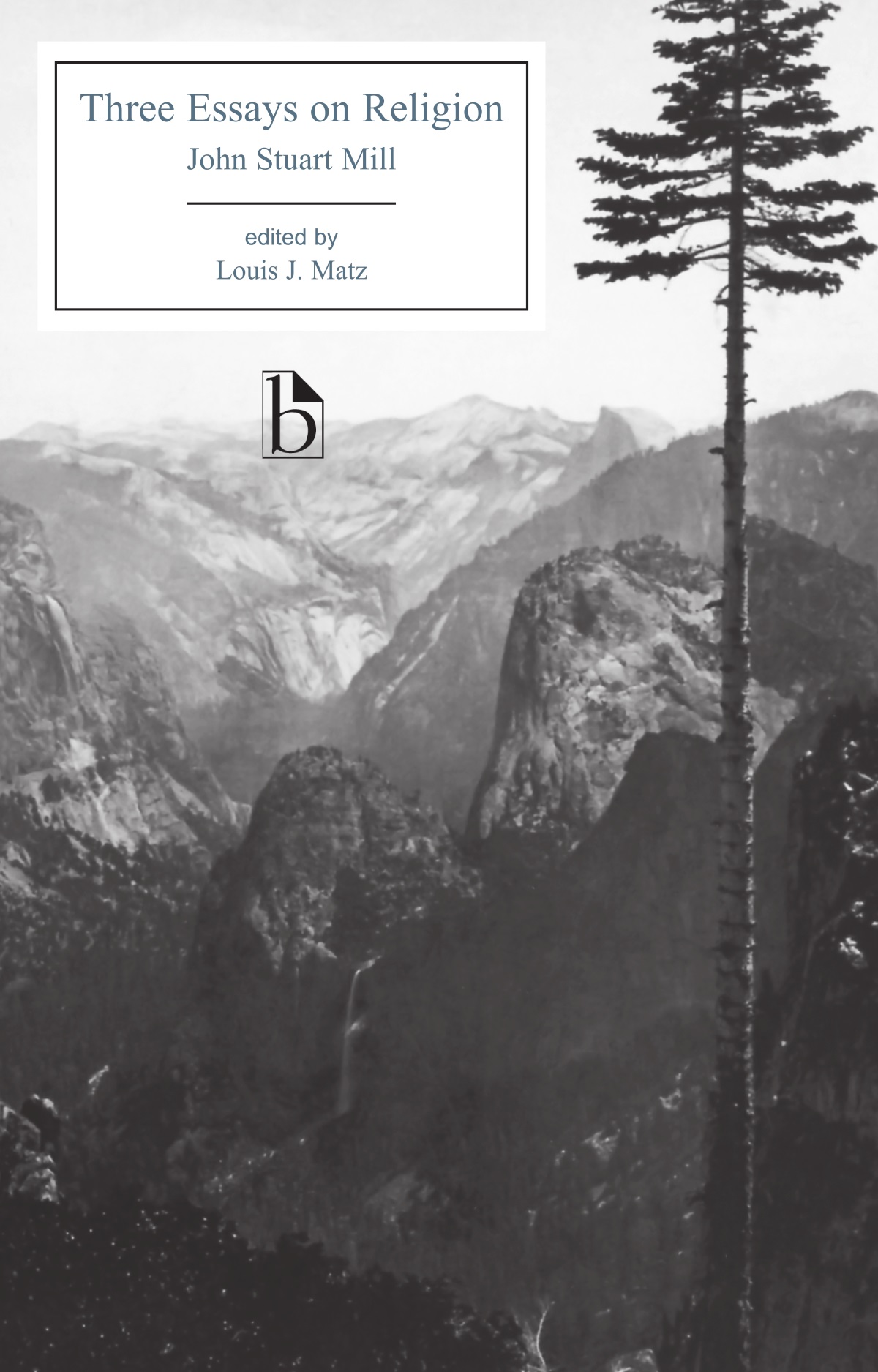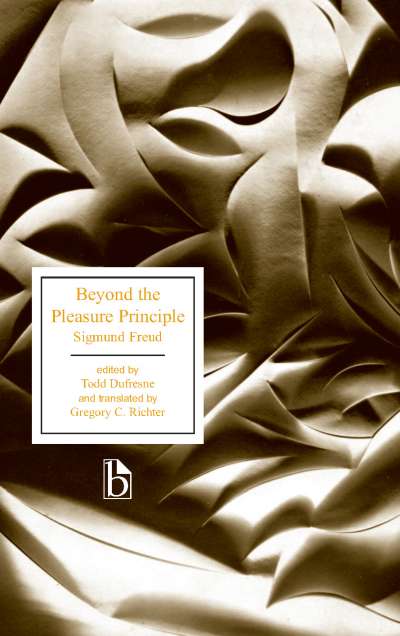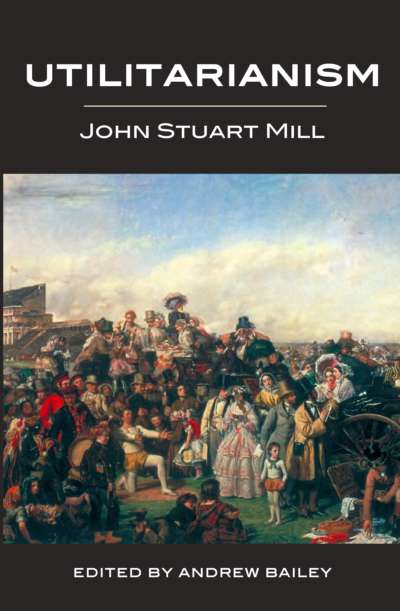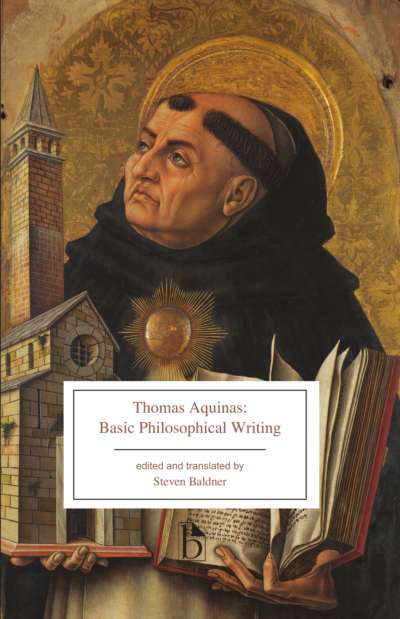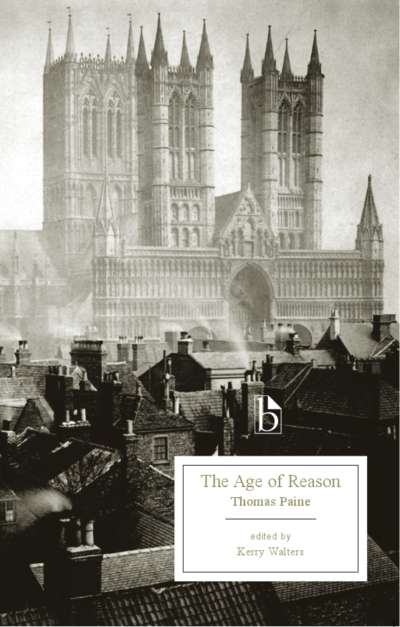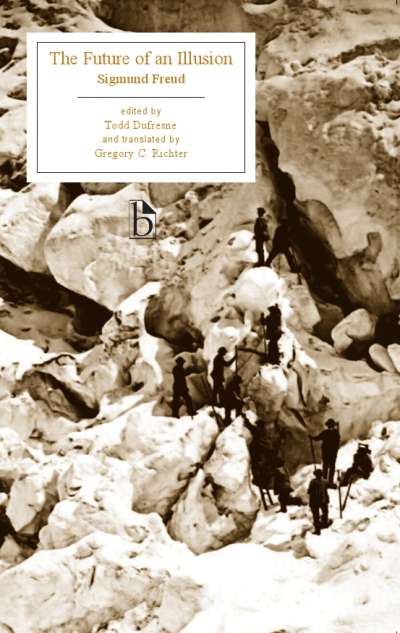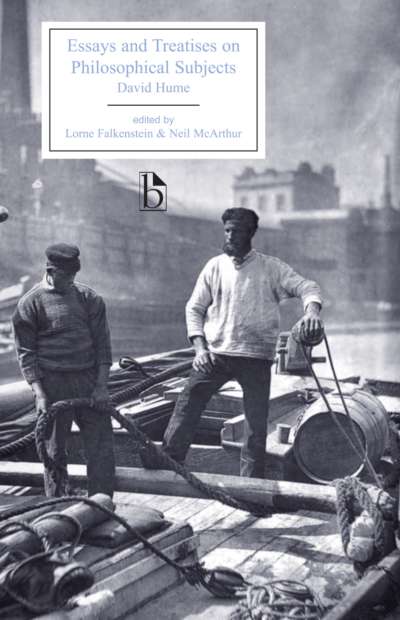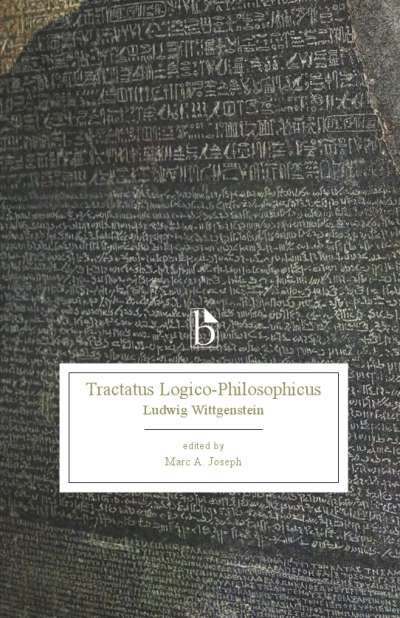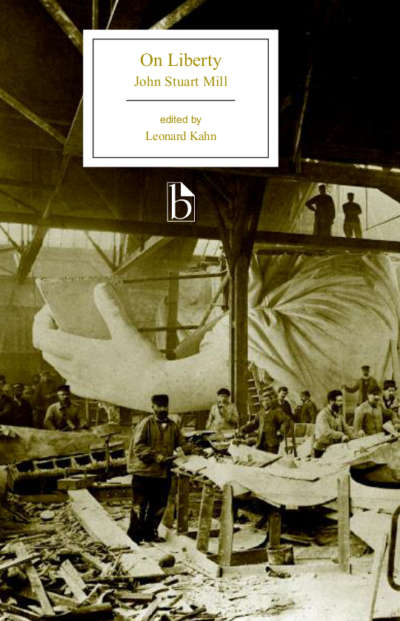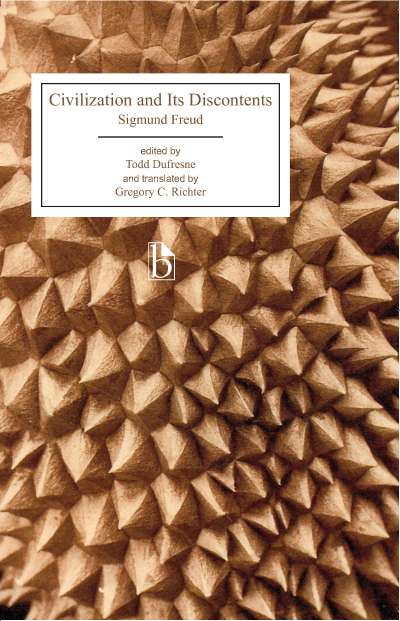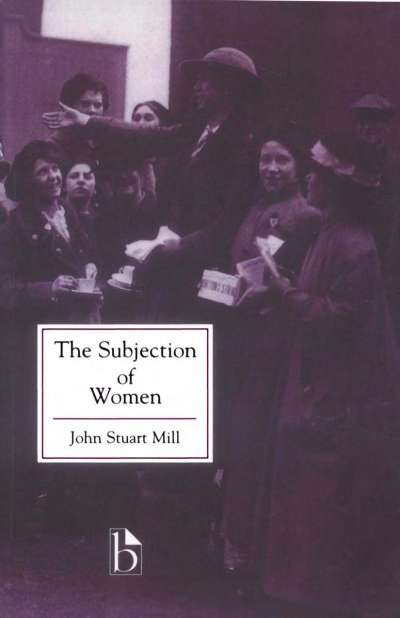John Stuart Mill was one of the most important political and social thinkers of the nineteenth century, and his writings on human rights, feminism, the evils of slavery, and the environment are still widely read and influential today. Published after Mill’s death to avoid controversy, the three essays in this edition, Nature, Utility of Religion, and Theism, represent Mill’s considered position on religion. Mill argues that belief in a supernatural power holds us back, but that a conception of the meaning and value of being human, or Religion of Humanity, could make the world a better place. Essential in understanding Mill’s views on religion and his practical philosophy, these essays are also significant contributions to the philosophy and psychology of religion.
Appendices include Mill’s other writings on religion, his early influences, contemporary reviews, and other 19th century writings on religion and science.
Comments
“[The] essays, along with the extensive supplementary material in this volume, provide the basis for exciting and detailed analysis by student and scholar alike, the sort of comprehensive, contextual work in the history of philosophy that brings old texts into contemporary life. … The book provides the tools for exceptional scholarship and teaching regarding Mill’s views on religion, and for that we can all be grateful.” — Julie C. Van Camp, California State University (Notre Dame Philosophical Reviews)
“Mill’s Three Essays belongs on any shortlist of the towering classics of secularist thought; but it has never yet been given its due. We must therefore be cheered by its appearance in a neat and friendly volume that every one of us would want to have on our bookshelves. And the fact that the essays are supplemented in this edition by a splendid introduction from Louis Matz, and a generous selection from Mill’s other writings on religion, is yet another motive for good cheer.” — Jonathan Rée, New Humanist
“Mill thought deeply and impartially about religion, and his writings are as significant now as they were in his own day. This outstanding edition combines scholarship with accessibility. With its excellent introduction and useful appendices, it is the ideal text for students, teachers, and advanced researchers.” — Roger Crisp, St. Anne’s College, Oxford
“Lou Matz brings together the essays “Theism”, “Nature” and the “Utility of Religion” that Helen Taylor published after Mill’s death. In Mill’s essays, little of Christianity survives save its exhortation to do good. This volume also contains writings that influenced Mill (e.g., by Jeremy Bentham), discussions of religion found elsewhere in his works, and Victorian reactions to the essays. All this, together with a superb introduction! This volume would make a useful text for students and will certainly become indispensable for the scholar.” — Fred Wilson, University of Toronto
“John Stuart Mill’s Three Essays on Religion deserve closer attention than they generally receive from students of philosophy and religion. This edition will serve to stimulate interest in the essays themselves and the light they shed on Mill’s philosophy as a whole. Lou Matz has provided a substantial introduction that helpfully situates the essays in the context of Mill’s life and thought. The appendices are especially welcome since they bring together materials that are not conveniently available elsewhere, including other writings of Mill on religion and extracts from influential works of the period.” — Alan Millar, University of Stirling
“Lou Matz’s edition of Mill’s Three Essays on Religion offers significant ‘value added’ over the text of the essays themselves. Matz’s introduction is detailed and informative, yet accessible and engaging enough for students of all levels. Matz also includes passages on religion from Mill’s other works and his correspondence, reviews from contemporary readers of the Essays, and discussions of the relation between religion and science from Charles Darwin and T. H. Huxley. Thus this one volume contains all of the materials necessary for a comprehensive and contextual understanding of Mill’s views on religion.” — Dale E. Miller, Old Dominion University

